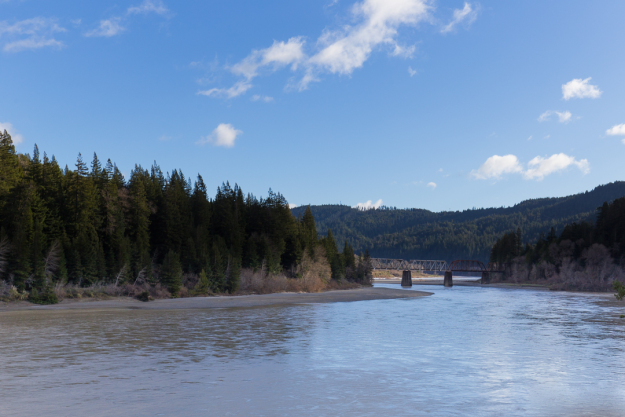I learned new words today. I read an article by Judith Butler who used the word carceral, meaning “relating to prison.” It fits with systemic prejudices e.g., racism, where particular groups of people are imprisoned at a greater rate than their percentage of a society or country.
But, it includes how people are limited to a geographic space, so they do not come in contact with the elites. It extends injustice and oppression those groups and individuals experience. Paulo Freire argued this cuts across racial, gender, and linguistic lines and includes class distinction. People are trapped and imprisoned within a life that offers little hope for them and their children.
I am unsure Rainer Maria Rilke intended to make a political statement in The Panther, but it serves as an analogy to understand how another might experiences life in the midst of oppression. In not witness ing another’s disenfranchisement e.g., economic, political, educational, etc., I grow to think their plight is not real. But, bars, literal and figurative, become reality. As Rilke states “a great will stands stunned and numbed.”
The opposite of my indifference is love and serving, reaching out to give a hand to those who need help to cut the bars away that oppression has built around them. It is less about doing for them and more about valuing their lived-experiences in meaningful ways. Freire said to read the word, humans first read their world, bringing their understanding of living to formal education.
From seeing the bars, his seeing is so exhausted
that it no longer holds anything anymore.
To him the world is bars, a hundred thousand
bars, and behind the bars, nothing.
The lithe swinging of that rhythmical easy stride
which circles down to the tiniest hub
is like a dance of energy around a point
in which a great will stands stunned and numb.
Only at times the curtains of the pupil rise
without a second … then a shape enters,
slips through the tightened silence of the shoulders,
reaches the heart, and dies.
I love the blues. A sad thing about the genre is many women who were pioneers were not recorded as often as men. It is a treat to hear someone like Sister Rosetta Tharpe sing.






